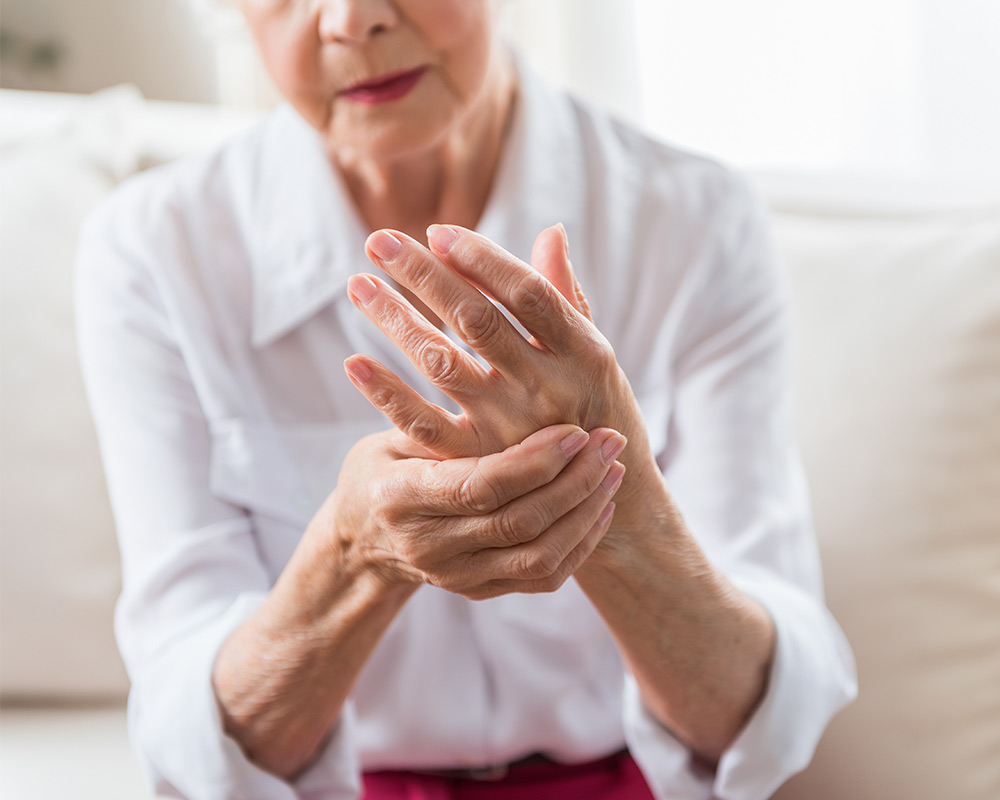For decades, heart disease has been the No. 1 cause of death for men. More recently, it’s become a top concern for women, too. Dr. Shobashalini Chokkalingam, a cardiologist with Mercyhealth, says the disease is 80 percent preventable if women pay attention to their health.
“We used to see women develop heart disease mostly after menopause, when the estrogen levels that protected them diminished,” Chokkalingam says. “Now, we’re treating an increasing number of women in their 20s, 30s and 40s. While one in 31 women will be diagnosed with breast cancer, one in three will develop some form of heart disease.”
Risk factors such as smoking, diabetes and high blood pressure and cholesterol can lead to heart disease in all ages. Chokkalingam recommends women do two things starting at a young age. First, they should understand their family health history. Heart disease in close family members may point to the same vulnerability in a younger woman.
“The other important item is to know their numbers,” Chokkalingam adds. “By that, I mean they should know their weight, blood pressure, cholesterol count and blood glucose through regular physical exams with their primary doctors.”
Most of all, women need to stop ignoring their own health concerns.
“They often can’t seem to focus on their own needs, even to the point of not calling 911 when they might be having a heart attack,” Chokkalingam says. “Women experience different symptoms of an impending heart attack than men, who primarily suffer pain and crushing weight in their chests. About 40 percent of women have no chest pain at all. But they do experience heaviness, shortness of breath, joint aches, nausea, fatigue, low energy levels and other seemingly unrelated symptoms.”
Women need to step up their game, especially African-American women. According to Mayo Clinic, one in every two U.S. black women over age 20 has some form of heart disease.
“Something as simple as reducing the amount of sodium in your diet can make a huge difference,” Chokkalingam says. “Just eating a handful of blueberries or blackberries three times a week can reduce the risk of developing heart disease by as much as 34 percent, according to a Harvard study. Unsalted almonds are also a benefit to prevent heart disease.” ❚
















